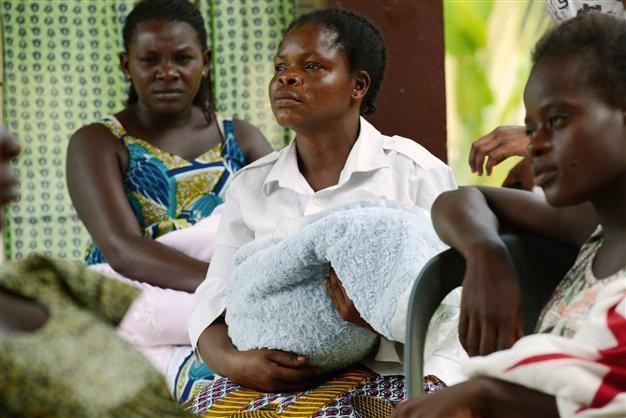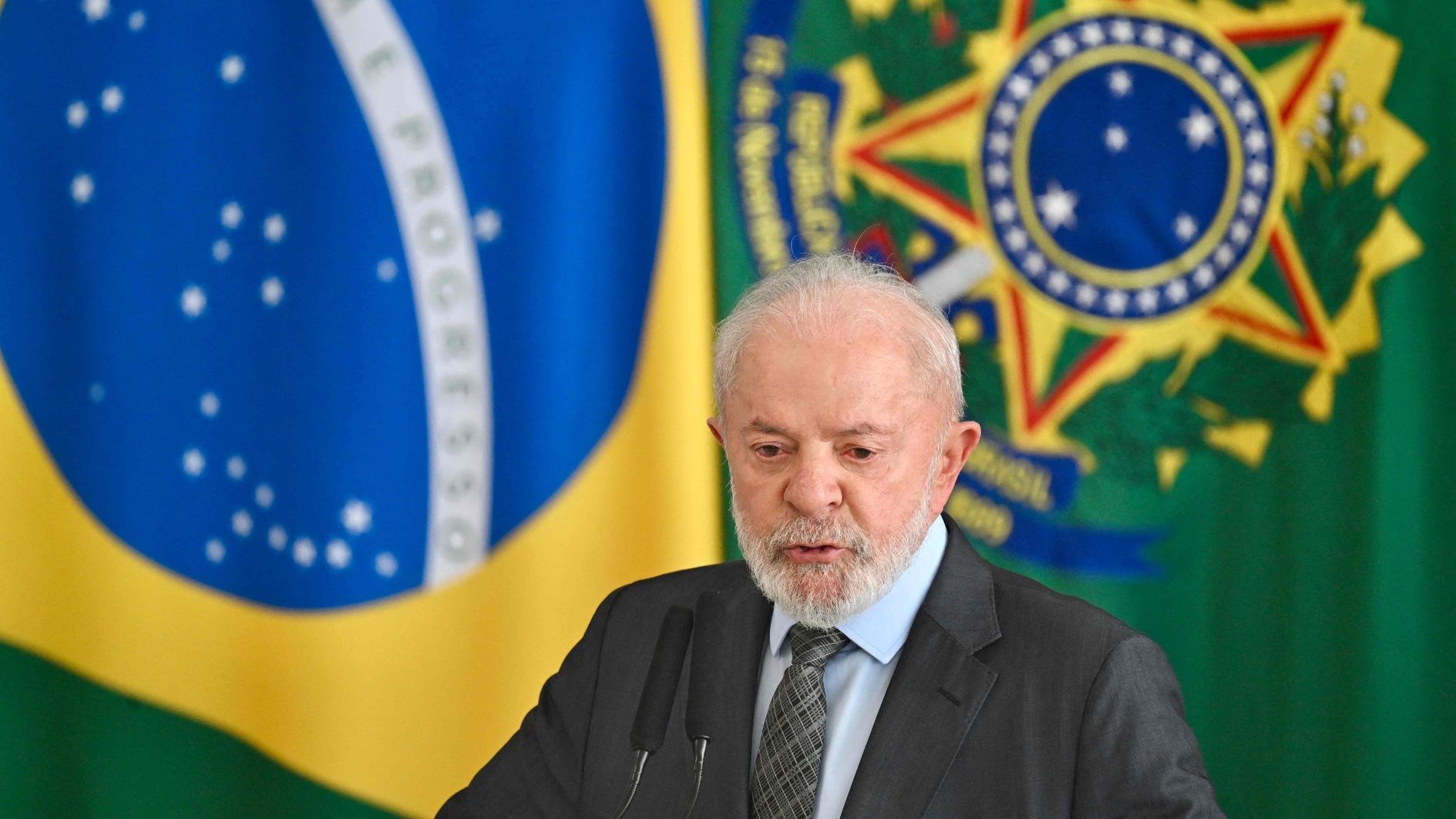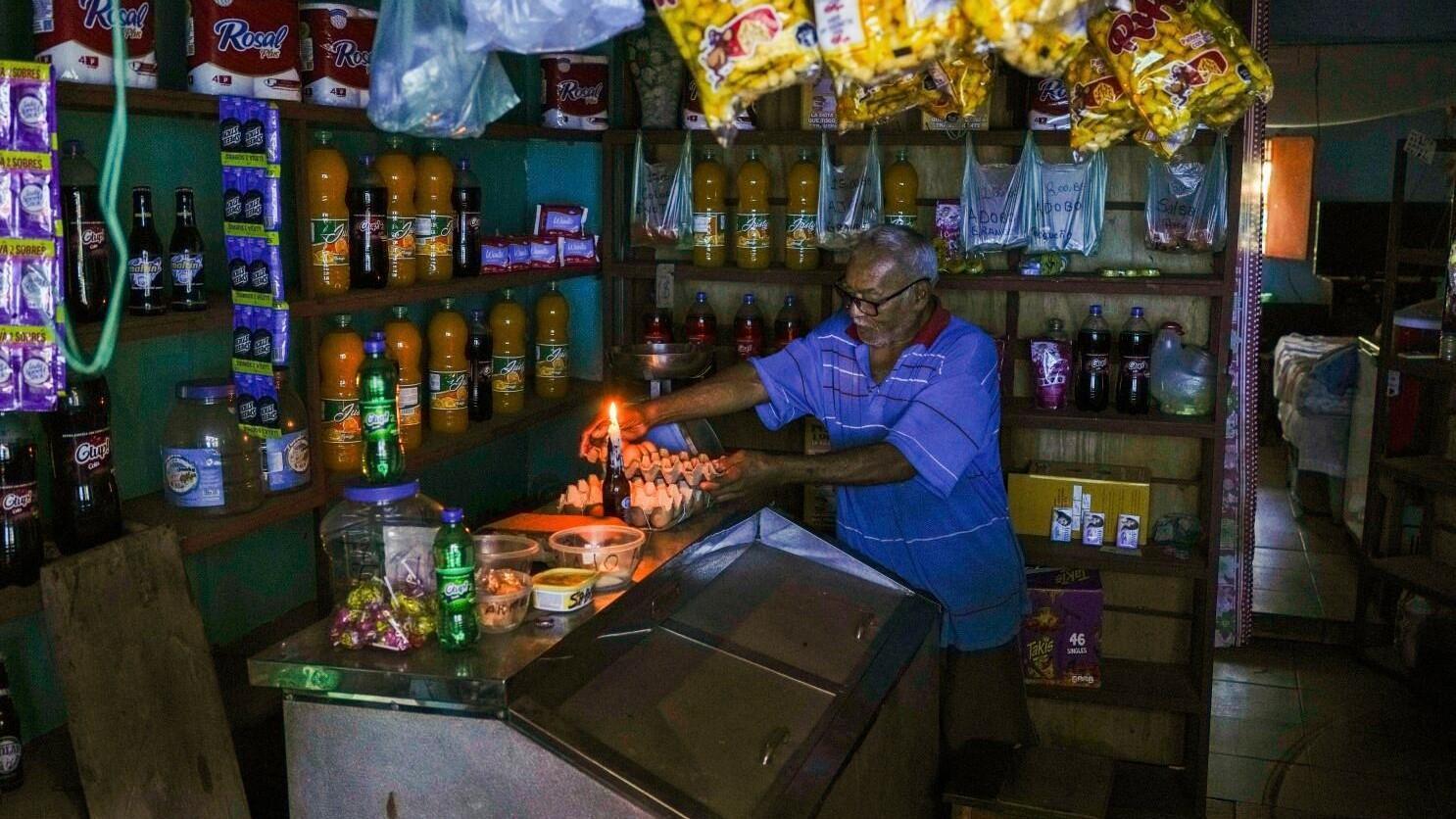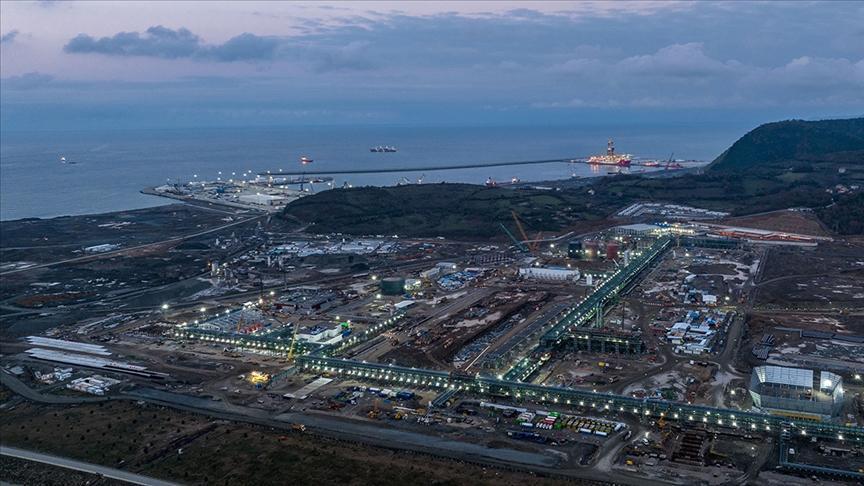Girls as young as 6 raped by Congo troops: UN
UNITED NATIONS - Reuters

Women hold babies in their arms at the maternity of Binza, outside Kinshasa, on May 7. The Democratic Republic of Congo has displaced Niger to gain the unenviable distinction of being the worst place in the world to be a mother, according to a new report by Save the Children. AFP photo
Democratic Republic of Congo troops raped at least 97 women and 33 girls, some as young as 6, in the country's volatile east after they fled from advancing M23 rebels in late November, according to a U.N. report released on May 8.The majority of the rapes by the Congolese army (FARDC) occurred in Minova during a two-day period, and most cases documented by U.N. Joint Human Rights Office were committed in the same manner.
"FARDC soldiers entered houses, usually in groups of three to six and, after threatening the inhabitants, looted whatever they could find," the Joint Human Rights Office, which is part of the U.N. peacekeeping mission in Congo, wrote in its report on abuses in eastern Congo between Nov. 15 and Dec. 2.
"One or two of the soldiers would leave with the looted goods and at least one would stand guard as the remaining FARDC soldiers raped women and girls in the house," the report said. "Most victims were raped by more than one soldier."
Twelve senior officers, including the commanders and deputy commanders of the 41st and 391st battalions, have been suspended over the Minova incidents and "were to be put at the disposal of military justice authorities."
Battalion trained by US
The 391st battalion was trained by the United States in 2010 as "a model for future reforms within the Congolese armed forces," according to the U.S. Africa Command website.
The U.S. Defense Department said last month it condemned the crimes in Minova "irrespective of which unit is accused" and that U.S. training included teaching respect for human rights and prevention of gender-based violence.
The report said the United Nations threatened on Feb. 4 to withdraw support for battalions 41 and 391 over the accusations of rights abuses in Minova but decided to continue working with them after the commanders and deputy commanders were suspended.
The U.N. peacekeeping mission in Congo, known as MONUSCO, has a mandate to protect civilians and support operations by the Congolese army. There are more than 17,000 U.N. troops in Congo, a country the size of Western Europe.
Peacekeepers have been stretched thin by the M23 rebellion in the resource-rich eastern Congo. U.N. experts said last year the M23 rebels were backed by Rwanda, but Rwanda has repeatedly denied any involvement.
M23 rebels accused as well
After provincial capital Goma and the town of Sake fell to M23 rebels, the report said thousands of Congolese troops fled in a disorganized manner toward Minova, where they "committed mass rape and other acts of sexual violence, as well as cases of arbitrary execution, mistreatment and systematic looting."
A further 11 Congolese soldiers have been arrested and are awaiting trial in relation to incidents in Minova, although the U.N. report said only two of them face charges of rape and another two are accused of murder.
The report found that at least two people, including a 14-year-old boy, had been killed by Congolese troops during looting incidents near Minova, while some men were beaten when they tried to stop the troops from raping their wives.
"In one of these cases ... the victim was tied with ropes and beaten by FARDC soldiers while his wife was raped in the adjacent room," the report said.
The U.N. report also said that during the M23 occupation of Goma and Sake, the rebels "committed gross violations of human rights and serious violations of international humanitarian law against the civilian population and FARDC who had surrendered."
It documented widespread looting by M23 rebels, at least 11 arbitrary executions and 59 cases of sexual violence. "The victims, mostly wives of FARDC soldiers who had fled during the M23 advance, were raped," the report said.
M23 began taking parts of eastern Congo early last year, accusing the government of failing to honor a 2009 peace deal. That deal ended a previous rebellion and led to the rebels' integration into the army, but they have since deserted.
The U.N. Security Council also last month established a special intervention force within the peacekeeping mission, which one senior council diplomat has said would be able to conduct "search and destroy" operations against the M23 rebels and other armed groups in the country.
















